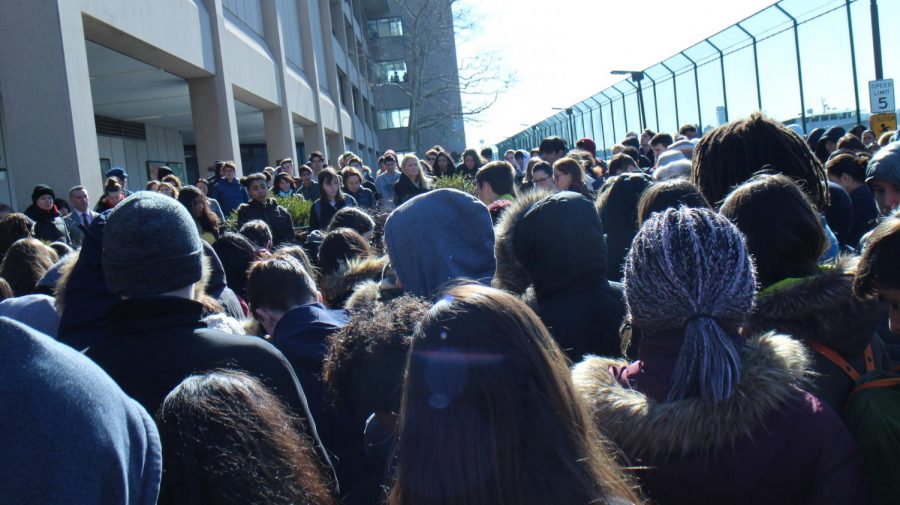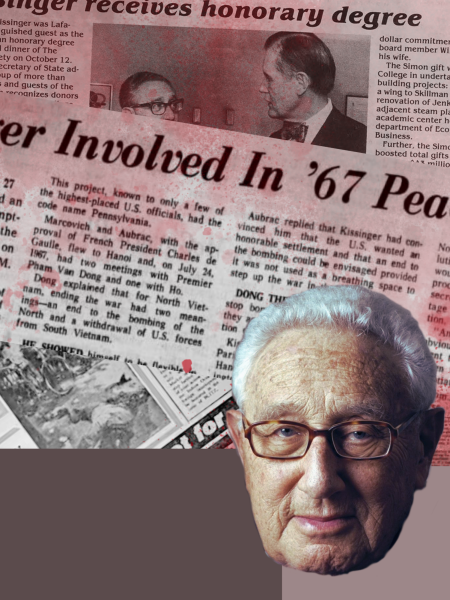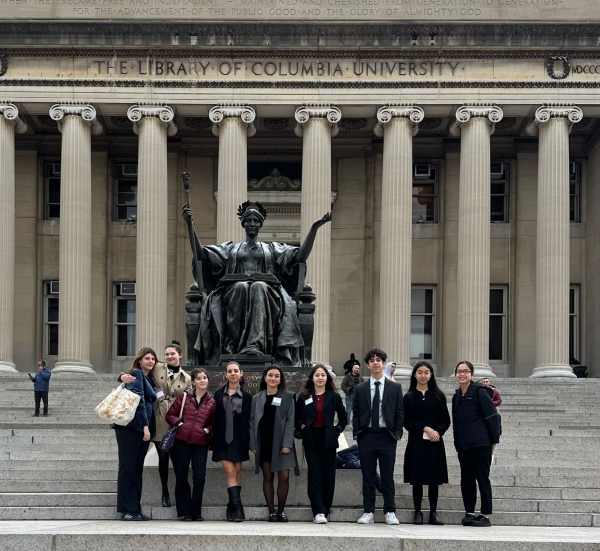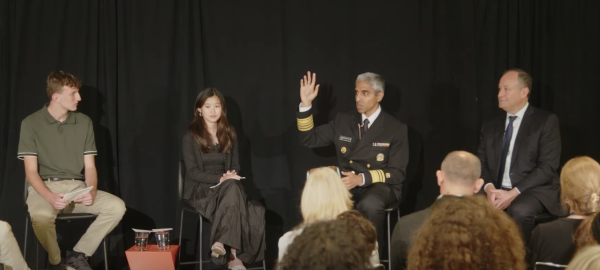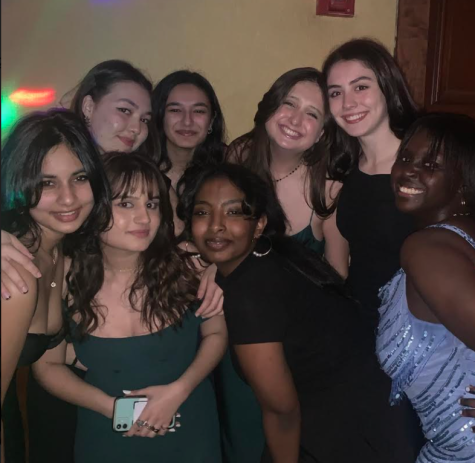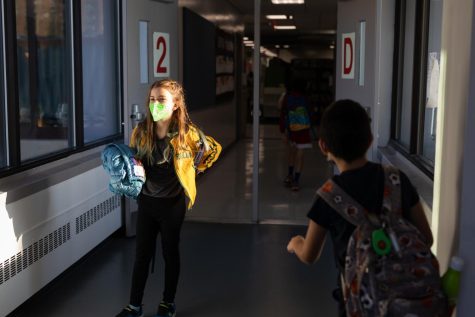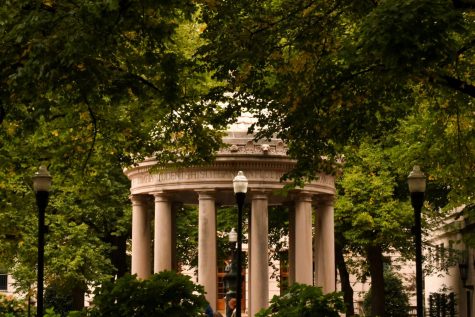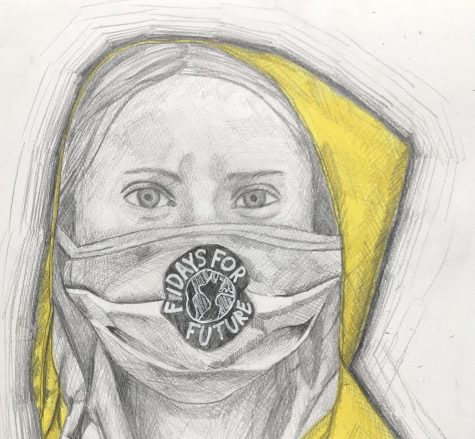Community Split on Walkout’s Effectiveness
June 23, 2018
Opinions about the effectiveness of April’s walkout against gun violence were split among the UNIS community.
“I felt the walkout was a great way to honor the dead,” said Pumie Africa, a T4 student who gave a speech during the walkout in the parking lot. “I was so emotional and proud that I was surrounded by a group of young people who were fighting for the same cause.” She thought identifying the victims and having complete silence were effective responses to gun violence in schools across the US.
A junior school teacher, who requested anonymity, stated: “The speech and the silence synchronized well, as students were both serious and moved and followed appropriate behaviors throughout.” In particular, shethought pronouncing the victims’ names twice was very effective.
But some people did not believe that the name identification was effective. “I don’t think it is the right focus to put that much emphasis on specific shootings and specific victims,” Anand Singh, a T3 student, disagreed. He pointed out that there were more than 300 reported school shootings since 2013 and thousands of young people fell victim to gun violence. “Being specific only on the Florida shooting ignores other victims and distracts us from gun control—the issue that we should really focus on.”
Johan Autio, the Tut House philosophy teacher, believed that this “was not the issue.” He cited psychological studies that show identifiable victims can better appeal to emotions and actions than data, which might better capture the bigger picture of the issue. “I think pronouncing specific names is actually more effective to help promote the cause of stopping gun violence, and is more effective to get the message out.”
Although many students and teachers went to the walkout, some do not think that UNIS should take a stance in the political debate on gun control. Edoardo Marras, a T2 student who did not participate in the walkout, said, “I think it is appropriate to mourn for the victims but inappropriate to hope to send a political message.” He reasoned that UNIS should remain neutral in controversial topics like this because of its association with the UN; the walkout might upset certain UN parents who do not agree with stricter gun control. “This is also against the promise of an unbiased education at UNIS,” he added.
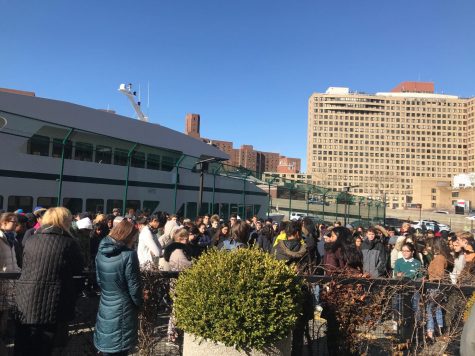
In response to this view, Phyllis Murray, the Middle School Administration Assistant, said, “Students and faculty should be able to express opinions. The school provided a vehicle for students and faculty to express their opinions. The walkout was not mandatory. I also think showing respect for the 17 people killed and advocating for peace and non-violence is part of who we are at UNIS.”
“Our safety is not a political issue, but a human issue,” said Josephine FitzGerald, an M3 student. “All of us are potential victims of gun violence, and political differences don’t change any of that.” Furthermore, she believes that if UNIS had remained neutral on the subject, it would indicate that the school was scared of taking action, and would not do much to address gun violence.
Edward Rodriguez and Paul Aaron, two UNIS security guards, thought the school walkout was effective. They stated that it “strengthened the sense of solidarity and community in UNIS and sent a strong message to politicians that they should represent the people, not the corporations or the N.R.A.”
“I think the school walkout was very effective for two reasons,” said Ms. Murray. “First, a speaker spoke during an assembly beforehand and did increase awareness of the issue. Second, middle school students were serious and respectful and reflective.”
Yet, not all people agreed with this perspective. “There was a huge physical gap between the M3s and the M4s, so we did not feel a strong sense of solidarity,” said Nikhil Khemani, an M3 student. “We did not have any publicity, so no one outside [UNIS] will know.”
Despite the school’s efforts to date, many students think the school should do even more to advocate this issue of gun control. Safiya Mugengana, an M3 student, said: “We stand up and advocate passionately for the SDGs, so we should make more efforts to advocate for stricter gun control, which fits into the No. 16 of the SDG goal—Peace, Justice, and Strong Institution.”
Samuel Plesner, an M3 student, added, “One of the promises of UNIS is to make a better world. In the better world, people need to feel safe and accepted. That’s why the school should lead us to advocate more around this issue.”



